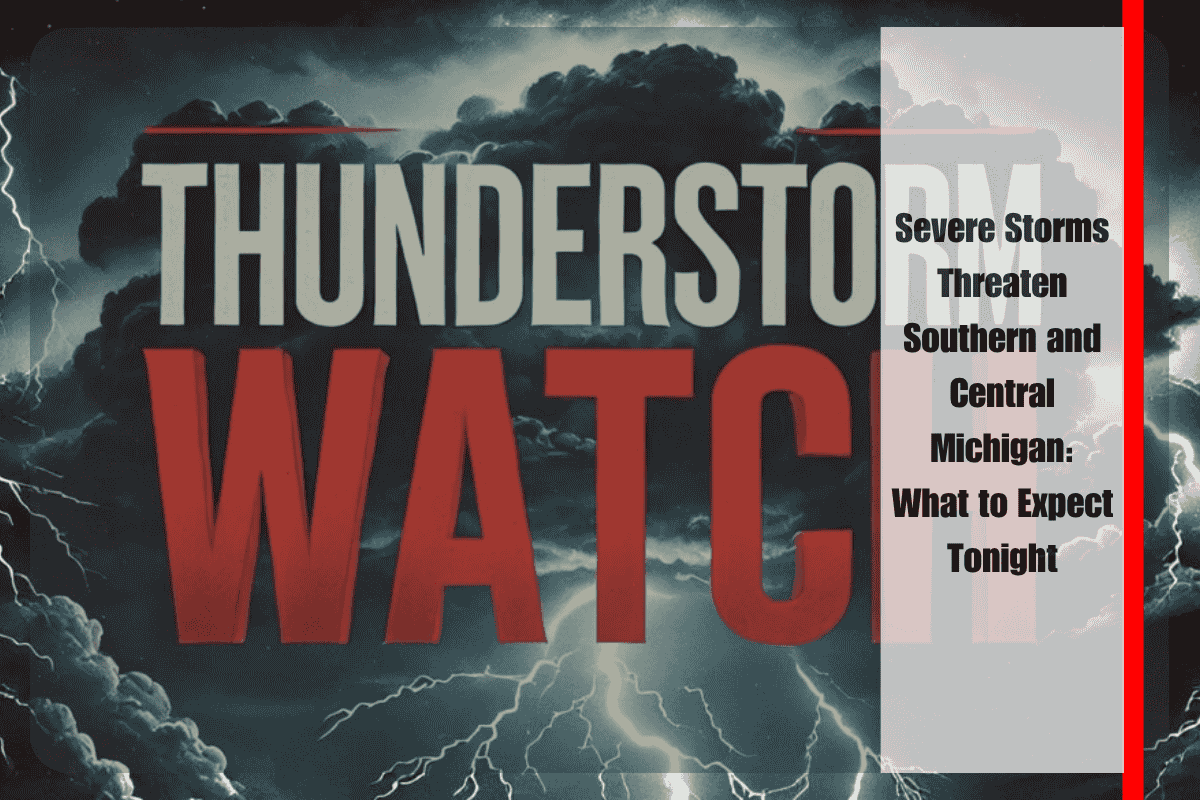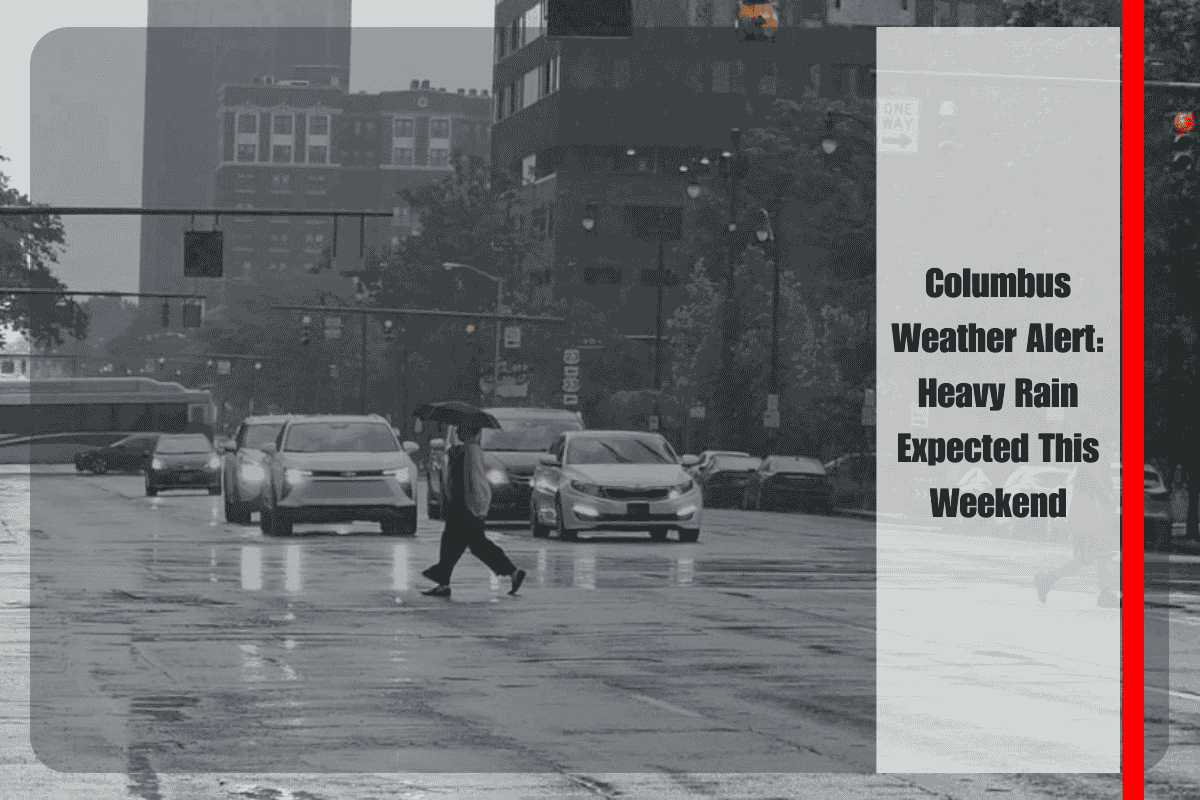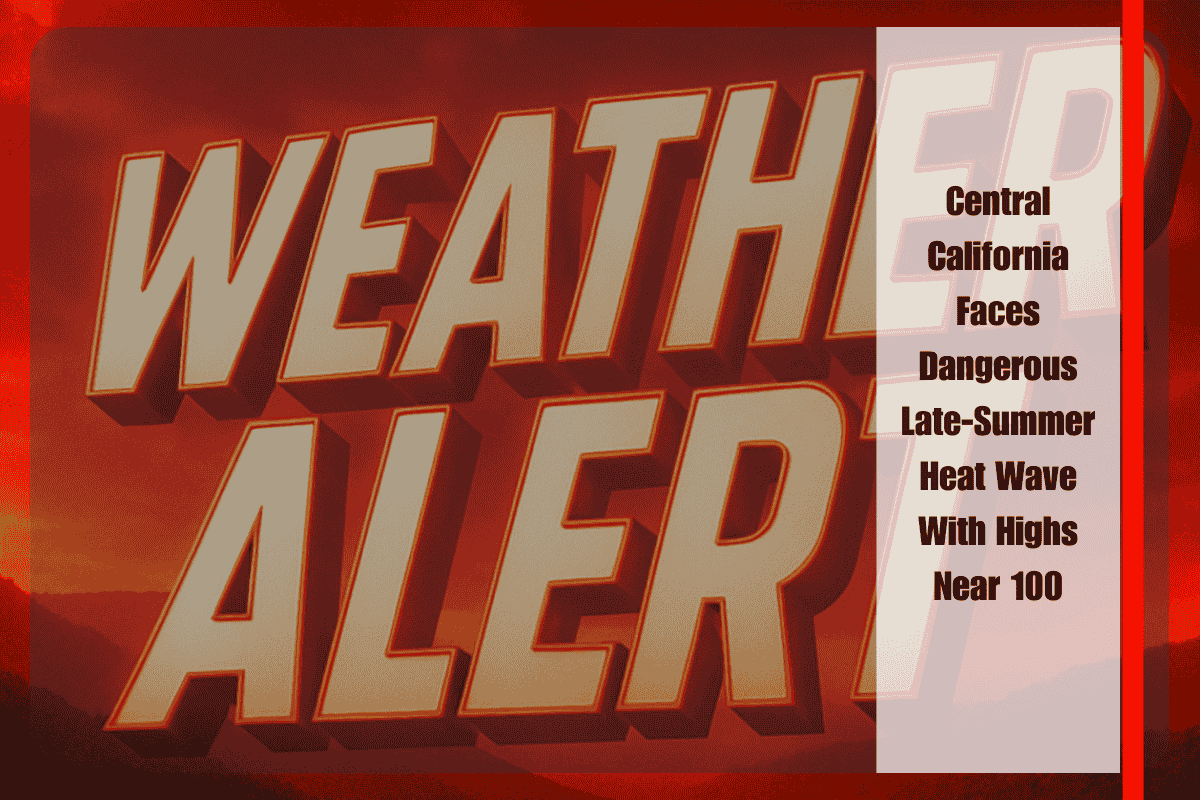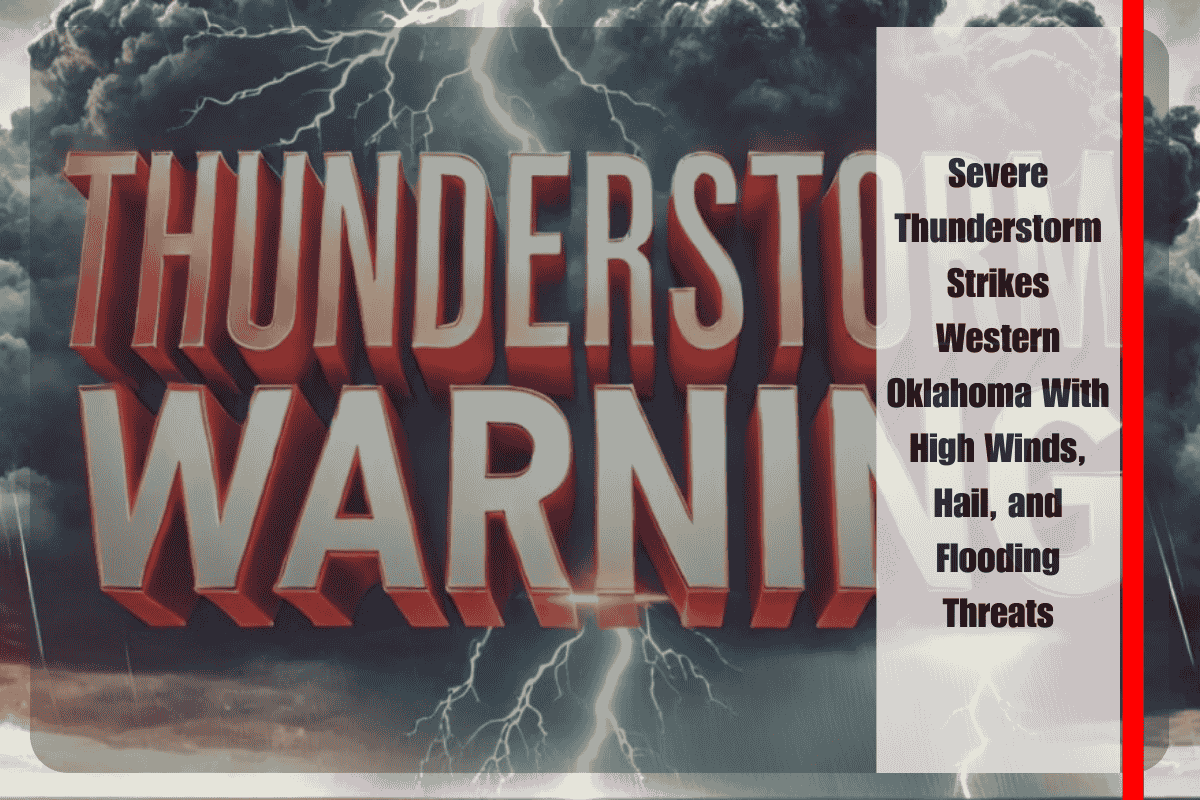Severe storms are moving across southern and central Michigan this evening, with the potential for damaging winds, hail, and isolated power outages. A Severe Thunderstorm Watch has been issued for 17 counties, including Kalamazoo, Kent, Jackson, and Berrien, as a strong weather system pushes eastward across the Great Lakes. The watch is in effect until 9 p.m. Thursday.
Storm Threats and Risks
The storms could bring wind gusts of 60 mph or higher, large hail, and torrential rain, particularly in low-lying rural areas and along major highways like I-94 and US-131. Cities including Grand Rapids, Battle Creek, Lansing, and Benton Harbor are all under the watch, with residents advised to take precautions.
Emergency management officials and utility companies are urging people to secure outdoor items, stay indoors, and prepare for the possibility of power outages. Travel on highways such as I-69 and I-96 could be impacted by heavy rain and reduced visibility, making driving conditions hazardous.
Safety and Preparedness Tips
This severe weather event marks the first major thunderstorm watch of late July in Michigan, following a period of dry and hot weather. Residents are advised to monitor local weather alerts closely and to have a plan in case of power outages. It’s important to stay indoors during the storm, keep devices charged, and avoid traveling if possible. Secure loose items outdoors, and be ready for any sudden weather changes.
The severe threat is expected to taper off by late tonight, though storm cleanup and any lingering impacts may continue into Friday. Additional warnings could be issued if the storm intensifies.
Severe thunderstorms are expected to bring damaging winds, hail, and heavy rain to parts of southern and central Michigan tonight. Residents should stay vigilant, secure outdoor items, and be prepared for sudden weather changes. Keep an eye on local alerts and stay safe until conditions improve.












